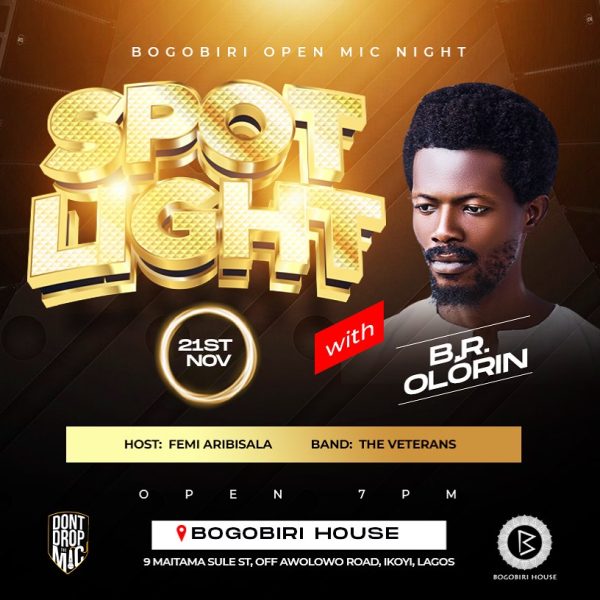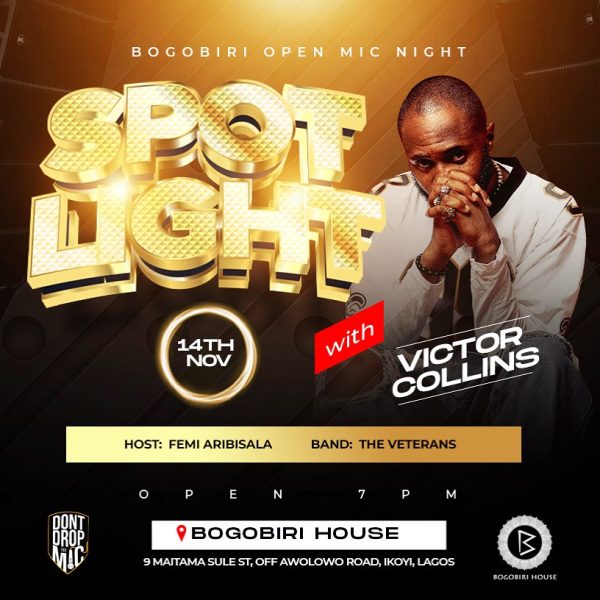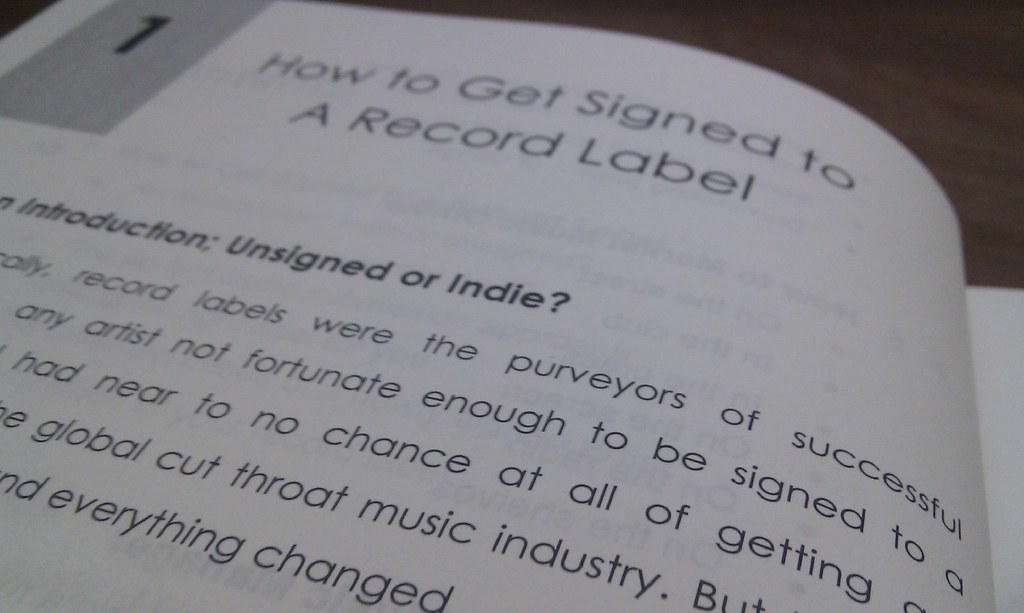
Transitioning from a hobbyist to a professional musician is an exciting but challenging journey. It requires not just talent and passion but also discipline, strategy, and a willingness to treat your music as a business. Whether you’re someone who has been playing in local gigs, uploading songs online, or creating music in your bedroom, making the leap to full-time musician means embracing a new mindset and approach.
The first step is to start taking yourself seriously as a musician. It’s easy to think of your music as something you just do for fun, but if you want others to see you as a professional, you have to see yourself that way first. This means committing to your craft, setting clear goals, and developing a work ethic that matches your ambition. Professionals don’t just wait for inspiration to strike—they put in the hours, practice regularly, and constantly work to improve their skills. It’s about creating routines and treating your music career with the same level of respect you would give to any other job.
Once you’ve committed mentally, the next step is to define what “going pro” means for you. For some, it might mean getting signed to a record label or touring internationally. For others, it could be licensing music for films and TV or building a sustainable income through streaming and live shows. Everyone’s path in the music industry is different, and it’s important to be realistic about what success looks like for you. Set clear, achievable goals for yourself, whether it’s recording an EP, booking a series of gigs, or growing your following on social media. These goals will guide your next steps and keep you focused.
As you start to approach music as a career, building a strong online presence is crucial. In today’s industry, social media and streaming platforms are some of the most powerful tools available to musicians. If you haven’t already, start taking your online image seriously. This doesn’t mean you have to be an expert content creator overnight, but it does mean being intentional with how you present yourself. Create a cohesive brand—one that reflects your music, your personality, and your style. Be active on platforms like Instagram, TikTok, YouTube, and Twitter, sharing not just your music but also behind-the-scenes content, your journey, and things that help fans connect with you on a personal level.
Networking is another key part of transitioning from hobbyist to professional. No matter how talented you are, you can’t make it in the music industry alone. Start building relationships with other musicians, producers, industry professionals, and even fans. Attend local music events, open mics, and workshops where you can meet people in the industry. Collaboration is powerful, and many successful musicians started by working with peers, learning from others, and getting involved in their local music scene. Networking also includes reaching out to bloggers, influencers, or DJs who might help promote your music.
One of the hardest transitions for many musicians is understanding the business side of music. As a hobbyist, you might have been focused purely on creating for the love of it, but as a professional, you’ll need to balance your artistic side with business savvy. This means learning about royalties, licensing, contracts, and the financial side of the music industry. It might sound overwhelming, but having a basic understanding of these elements can prevent a lot of pitfalls down the line. There are resources and courses available online to help you get up to speed, or you might consider seeking advice from a music manager or lawyer as you grow.
Finances are a big factor when making the leap to a professional career. As much as we’d like to believe that following our passion will pay the bills right away, it often takes time to build a sustainable income through music. This is why it’s important to plan carefully. Start by evaluating how much money you need to live comfortably and create a realistic plan to meet those needs. This could mean supplementing your music income with part-time work or teaching music lessons until your career takes off. Being financially responsible doesn’t mean you’re not serious about your music; it means you’re setting yourself up for long-term success.
Consistency is key. One-off successes, like a viral video or a well-received gig, are great, but the real challenge is sustaining that momentum. To do this, you need to be consistent—not just in creating music but also in how you release and promote it. Regular releases, whether they’re singles, videos, or EPs, help keep your audience engaged and show the industry that you’re serious about your craft. Consistent effort over time builds a reputation, helps grow your fanbase, and increases your chances of being noticed by industry professionals.
Feedback is a vital part of growing as a professional musician. As a hobbyist, you may have been making music primarily for yourself or a small circle of friends. Now, you’ll need to be open to feedback from fans, producers, and other musicians. This doesn’t mean you have to change your style to please everyone, but learning how to take constructive criticism will help you improve and refine your sound. Being able to adapt and grow is one of the hallmarks of a successful professional artist.
Most importantly, be patient with yourself. The transition from hobbyist to professional musician doesn’t happen overnight. There will be ups and downs, periods of frustration, and times when it feels like you’re not making any progress. But every small step—whether it’s finishing a new song, getting a few more streams, or making a new connection—counts. Celebrate those wins, and stay focused on the long-term picture. With persistence, dedication, and a strategic approach, you can make the transition to a professional music career and turn your passion into your livelihood.









